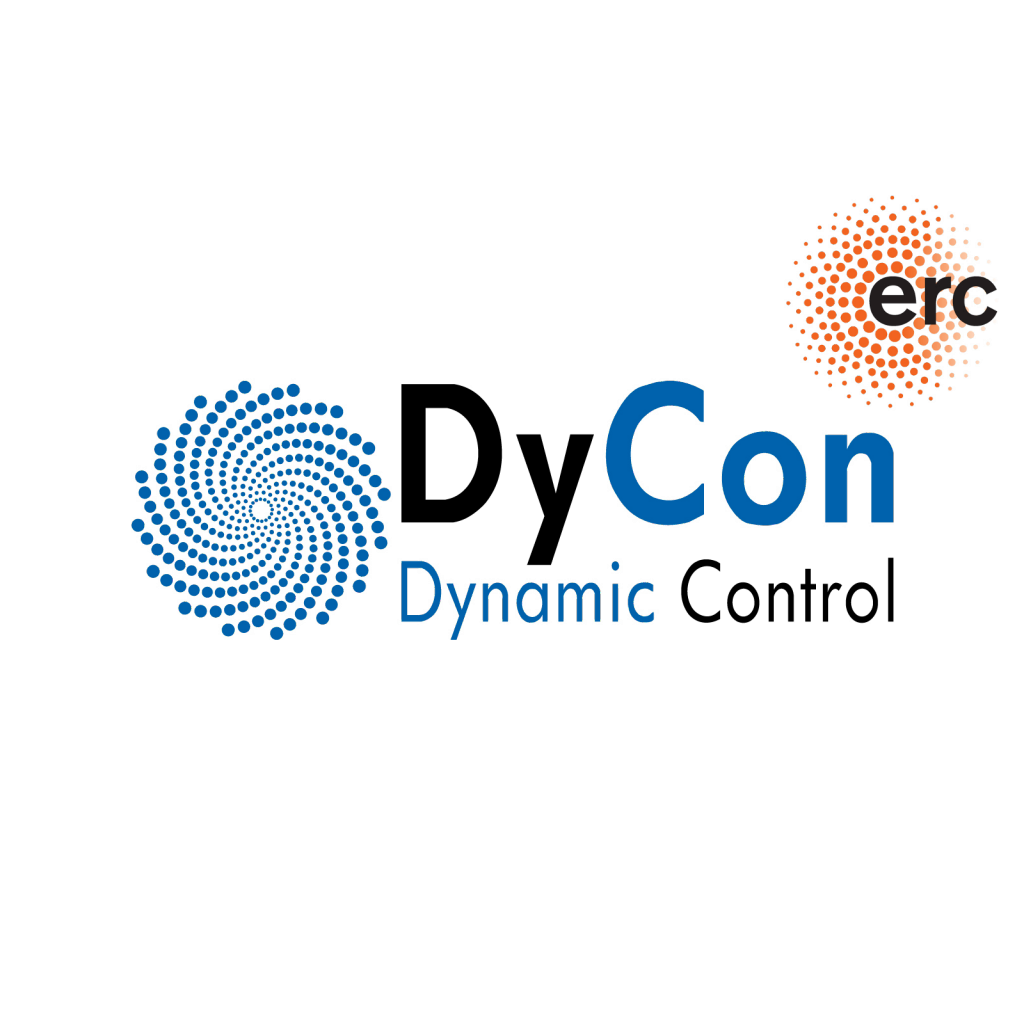2017 ERC – DYCON Workshop
9:30-10:00 Enrique Zuazua
TITLE: DyCon: Challenges and Objectives
ABSTRACT: We present the main challenges and objectives of DyCon revisiting the 7 Working Packages of the proposal.
10:00-10:30 Miren Arretxe
TITLE: ERC-DyCon, project management and progress
ABSTRACT: First DyCon anniversary…our project page has already plenty of ideas, formulas ,models and colleagues in the network…but can our friends and family understand the value of our project? Definetely there is interest for a non-mathematical argument …and for the project management to understand your work and translate into an attractive and complete 18 months report for next spring…How can we do it efficiently???…lets engage into this challenge!
10:30-11:00 Héctor Olmedo
TITLE: Ranging from algorithm to code throughout the web
ABSTRACT: News, events, contact, … our website is more than a usual website. The most interesting section in our website is the one with the computationals. The quality of the contents is great but it should be better. The purpose must be enhance its contents to attract collaboratons.
11:00-11:30 Umberto Biccari
TITLE: Recent contributions and future perspectives as a DyCon postdoc
ABSTRACT: During the last 9 months as a postdoc in DyCon project, I made several progresses in the topics of my investigation. The scope of this lecture is to present the contributions that I apported to the project, both individually and in collaboration, as well as some future problems on which I intend to work.
11:30-12:00 Víctor Hernández-Santamaría
TITLE: Recent collaborations in the DyCon project
ABSTRACT: In this talk, we present the contributions and advances in the topics within the scope of the DyCon project. In particular, we present some recent joint works in the control of parameter dependent systems and nonlocal models. We discuss as well some future work in which we intend to work.
12:00-12:30 Dario Pighin
TITLE: Controllability under positivity constraints of semilinear heat equations
ABSTRACT: In many practical applications of control theory some constraints on the state and/or on the control need to be imposed. Then, we address constrained controllability (Working Package 3).
We prove controllability results for semilinear parabolic equations under positivity constraints on the control, when the time horizon is long enough. As we shall see, in fact, the minimal controllability time turns out to be strictly positive.
More precisely, we prove a global steady state constrained controllability result for a semilinear parabolic equation with nonlinearity, without sign or globally Lipschitz assumptions on the nonlinear term. Then, under suitable dissipativity assumptions on the system, we extend the result to any initial datum and any target trajectory.
We conclude with some numerical simulations that confirm the theoretical results that provide further information of the sparse structure of constrained controls in minimal time.
12:30-13:00 José Vicente Lorenzo Gómez
TITLE: Numerical Modeling and Control of Water Waves
ABSTRACT: Water waves are generated at surfing facilities by means of a moving object dragged along the bottom of the pool. Optimization of the object shape is of paramount importance in order to achieve the desired waves, as well as reduction of energy consumption. This topic has been studied in the past using mathematical models for water waves propagation. However, these models are not able to describe breaking waves, a feature that can be crucial when designing surfing facilities. Fluid models allowing to deal with the complex surfaces arising during the breaking of waves are reviewed.
13:00-13:30 Yuhua Zhu
TITLE: Sensitivity analysis for the Vlasov-Poisson-Fokker-Planck system with uncertainty and multiple scales
ABSTRACT: We study the Vlasov-Poisson-Fokker-Planck system with uncertainty and multiple scales. Here the uncertainty, modeled by random variables, enters the solution through initial data, while the multiple scales lead the system to its high-field or parabolic regimes. With the help of proper Lyapunov-type inequalities, under some mild conditions on the initial data, the regularity of the solution in the random space, as well as exponential decay of the solution to the global Maxwellian, are established under Sobolev norms, which are uniform in terms of the scaling parameters. These are the first hypocoercivity results for a nonlinear kinetic system with random input, which are important for the understanding of the sensitivity of the system under random perturbations, and for the establishment of spectral convergence of popular numerical methods for uncertainty quantification based on (spectrally accurate) polynomial chaos expansions.
13:30-13:40 Enrique Zuazua
Conclusions, perspectives and closing of the event.





